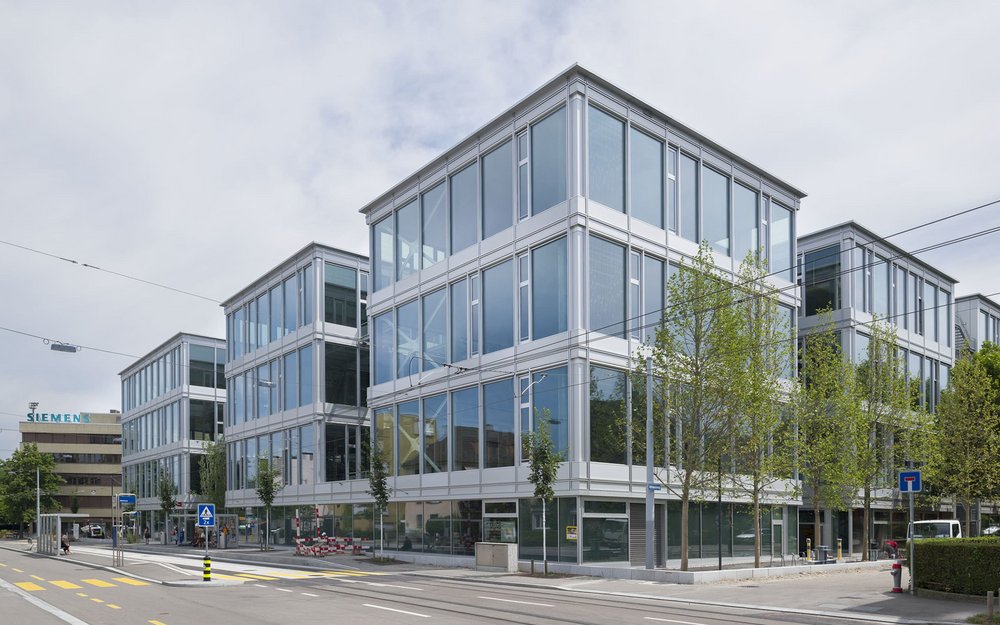Material issues – Story
Innovation and property development in dialogue
The requirements of living environments are changing, driven by technological, societal, economic and ecological changes. The development of properties, sites, districts and cities requires a vision of how we want to live as a society tomorrow. The complexity of issues, differences in requirements and often very long development timelines can impair the imagination when it comes to the future, all of which calls for a good «visual aid».
Innovation management as a periscope
The dictionary definition of a periscope is an extendable and rotating 360-degree telescope for underwater vehicles with the distinctive feature that it only conveys reality indirectly via reflections.
Innovation management can act as such a «visual aid for visions of the future». Innovation strategy and the associated process are integral to Swiss Prime Site’s corporate and sustainability strategy. This includes identifying relevant economic, societal and scientific developments and translating these into viable and differentiable innovative measures. There are five stages to the process: information management, issue management, innovation methodology, project management and knowledge management.
Information management serves the early recognition of signals and trends. Analysis of these produces trend maps, trend navigation systems or, in Swiss Prime Site’s case, the «House of Trends». Issue management assesses and evaluates trends and movements according to their relevance for the company, the business model and real estate development. Screening and updates of trends and fields of innovation are performed regularly, which normally means annually.
Several times a year, the innovation team of Swiss Prime Site, the Future Board, holds Innovation and Accelerator workshops. As part of innovation methodology, these form the nucleus of new developments and process improvements. The Future Board also professionalises idea management. The constant comparison of (technological) potential with market requirements is central to this and helps to bring the vision of the future into focus.
Much like a periscope, the Innovation and Accelerator workshops allow us to surface from the «depths of day-to-day business» and offer a 360-degree view of an issue or field of innovation. Workshop participants engage intensively with an issue during one-day or multi-day events, drafting initial business ideas and testing potential applications. Project management then accompanies promising ideas through to practical applications in the form of pilot projects («Proofs of Concept»). The periscope is directed towards various fields of innovation as well as all phases of the property cycle and particularly the specific challenges of real estate development.
Building better sites
Innovation in property development can also mean reinterpreting traditional construction methods. The visionary «2226» building concept from JED, the new centre for knowledge transfer, innovation and entrepreneurship in Schlieren, envisages a new type of building that manages without technological heating, cooling or ventilation, yet still fulfils the requirements of a comfortable working environment with comfortable room temperatures between 22 and 26 degrees. There is also innovation potential in the selection of paints and materials. Ecological sustainability requirements can be met, for example, via intelligent (window) blackout systems or innovative wall paint.
Another project focuses on the need for flexibility in the interior layout. YOND in Zurich-Albisrieden is making flexibility a core principle. The innovative layout with raised floors in areas with very high ceilings allows tenants to create the perfect mix of spaces for their requirements, from hybrid workspaces and meeting rooms to recreation zones and social areas as well as commercial production space.
Production technology, corporate culture and our understanding of service are all transforming. Innovation management not only supports the leveraging of in-house potential, it also helps with anticipating the requirements of (prospective) tenants.
Developing sustainable living environments in dialogue
«Lyon is leading the way. France is showing what sustainable urban development looks like. A vibrant district can only emerge if architects, investors and authorities pull together», captioned the headline in the Swiss newspaper NZZ on Sunday, 26 May 2019.
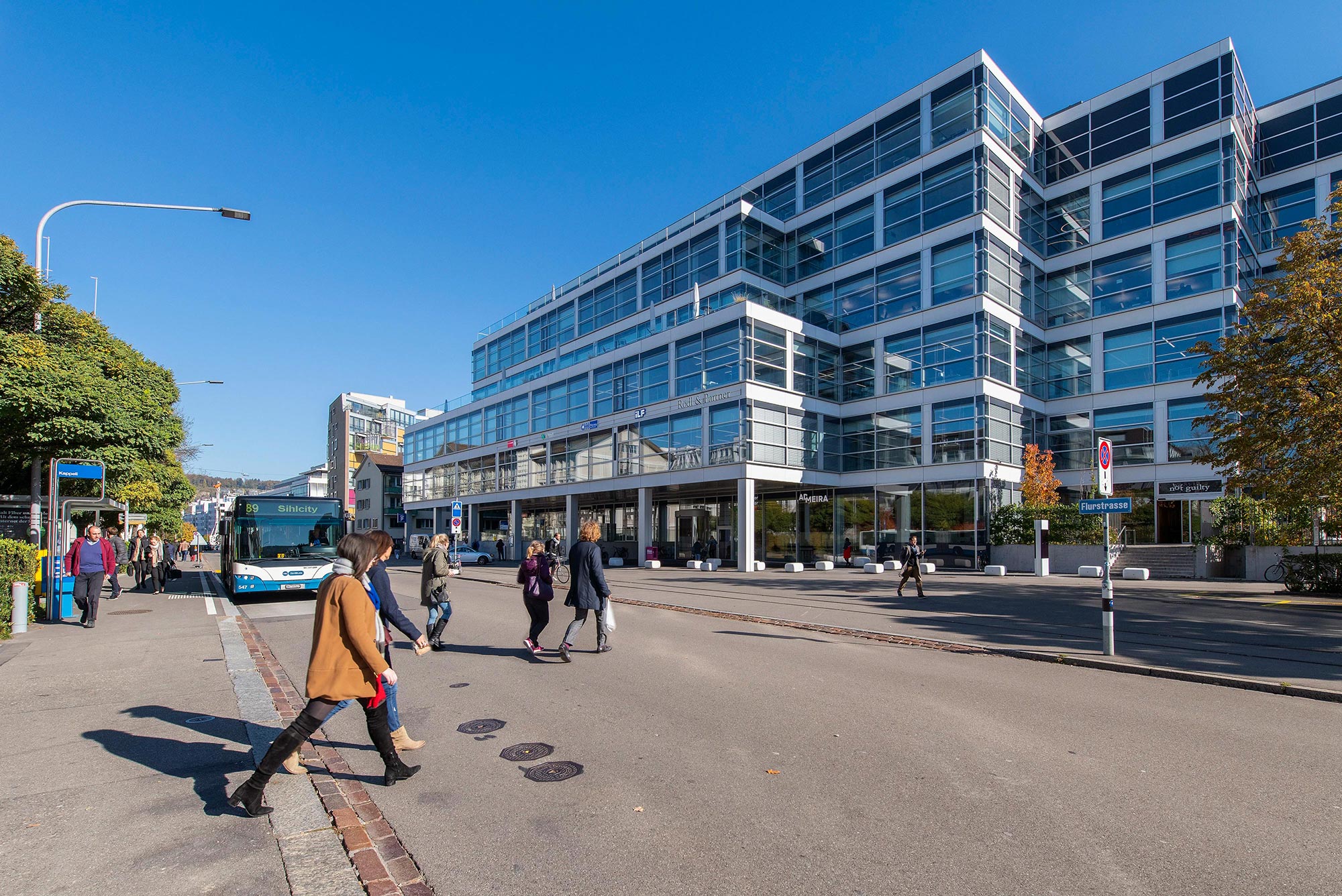
The article underlines the importance of dialogue in designing living environments. One might also add that potential occupiers, either the tenants of commercial space or apartments, should also be involved in the design at an early stage. These understand best how entire sectors, companies and lifestyles are changing and what requirements and opportunities this creates. Going forward, innovation in developing sites may increasingly mean entering into dialogue at an earlier stage and designing a «living environment» rather than a «product» together. Within this innovative field, modern technology could drive more close-knit collaboration, decision making and design between all parties involved.
In successfully developed, vibrant districts, the people identify with their environment, which engenders a palpable sense of community. This is particularly the case when everybody participates to a certain degree and makes their own contribution. Thoughtfully designed (landscape) architecture, pathways and signage as well as visual references can promote communication, as can additional restaurant, bar and lounge offerings and specific communication areas. Major development projects should, therefore, begin with a shared definition of the public space because the developer will essentially be handing this back to the population.
This article by Dr. Alexandra Bay, Head Group Research at Swiss Prime Site, was published as part of the NZZ Real Estate Days 2019 in the NZZ supplement.
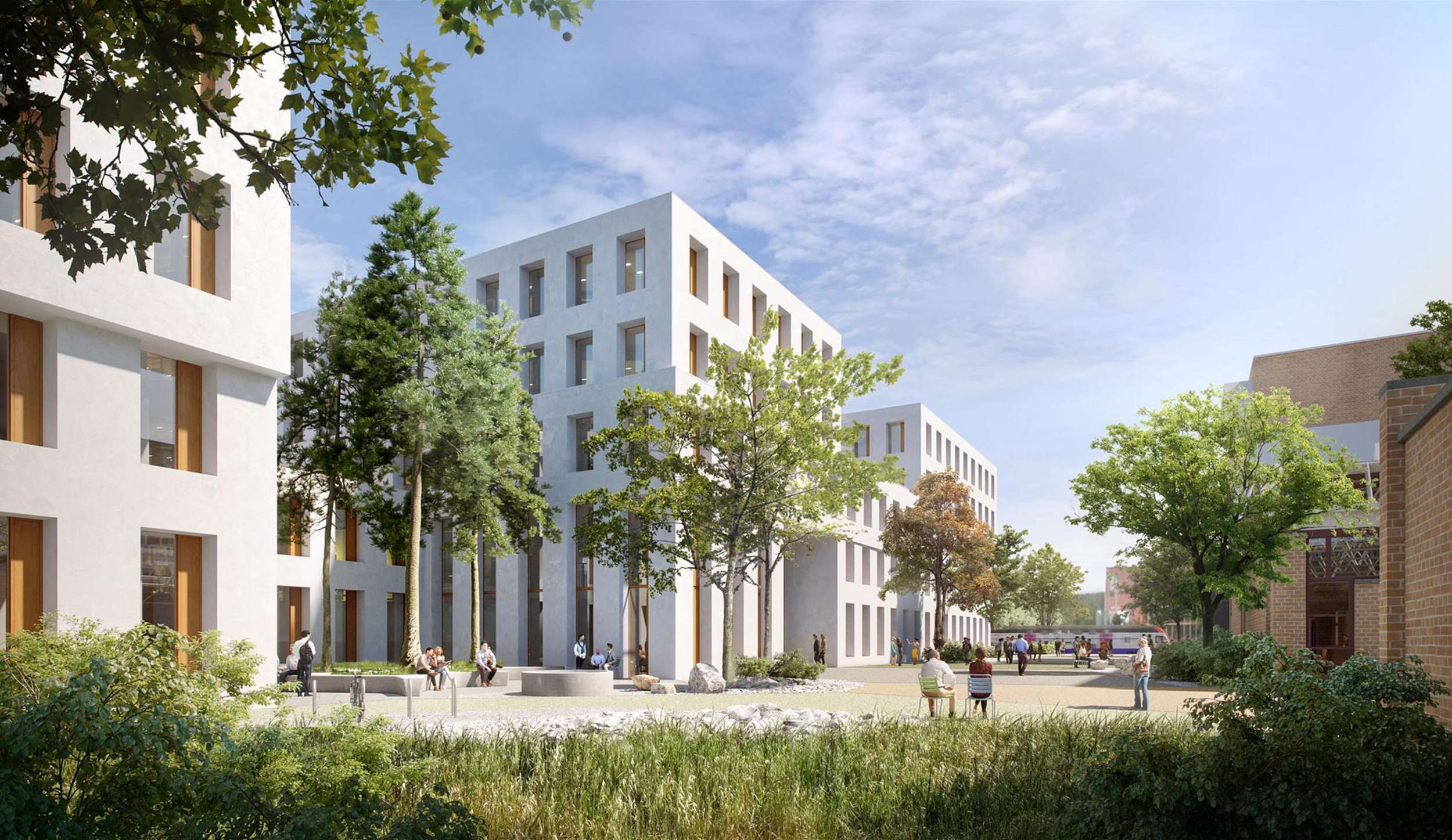

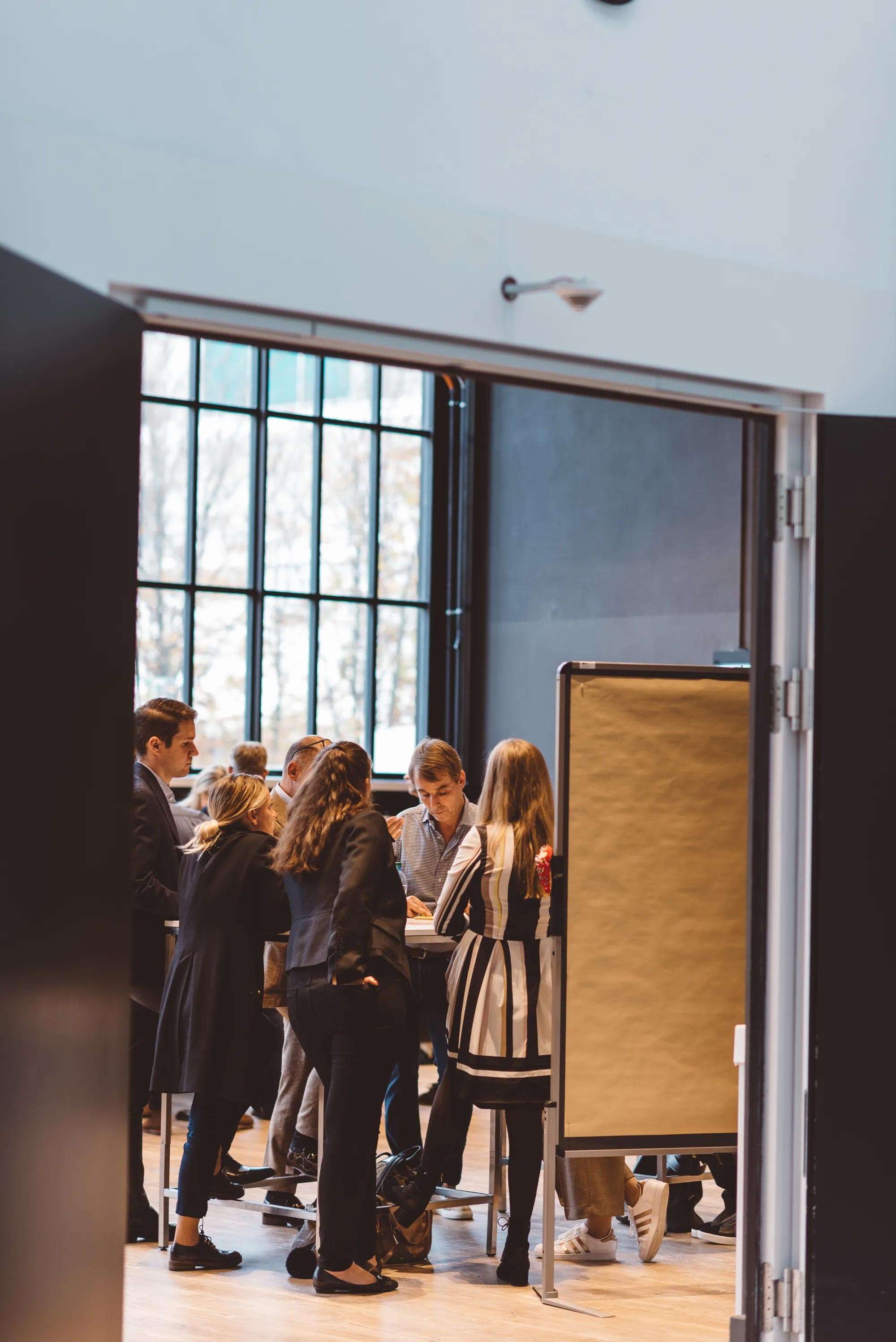
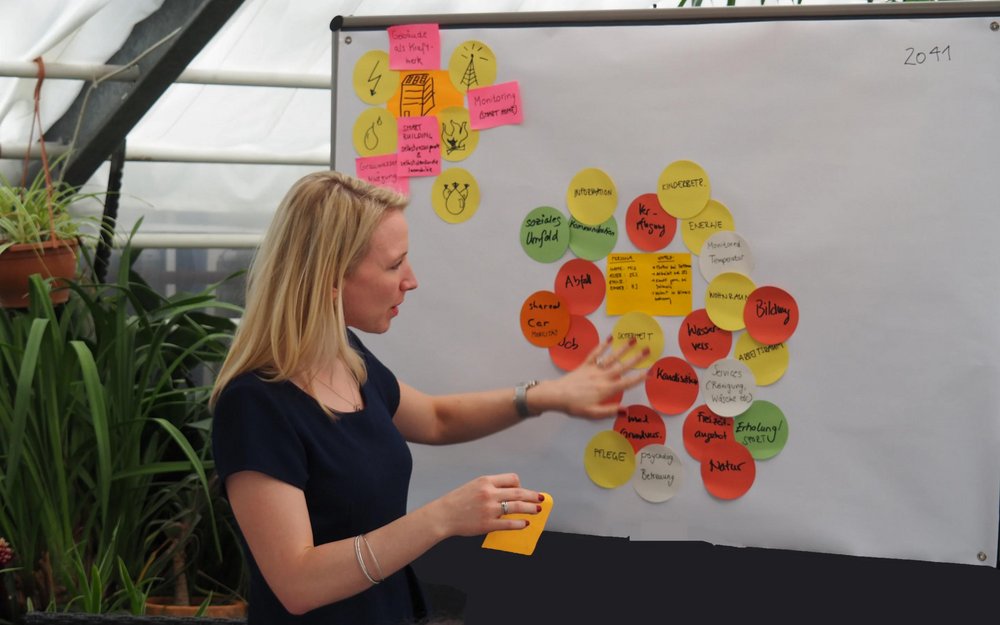
![[Translate to Englisch:] [Translate to Englisch:]](/fileadmin/_processed_/7/f/csm_PrimeTower_Zurich_BBPH_HD-9_b709855577.jpg)
